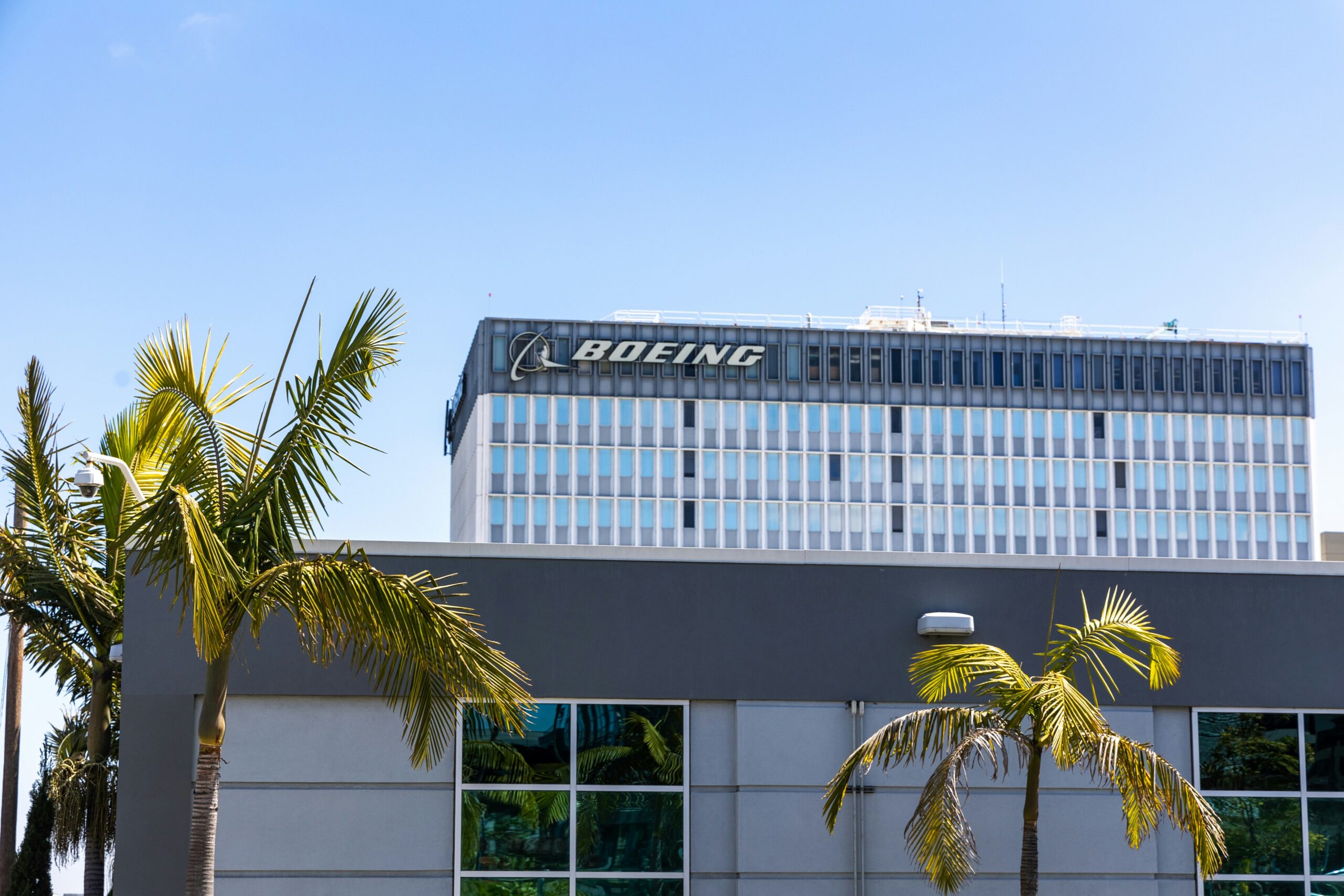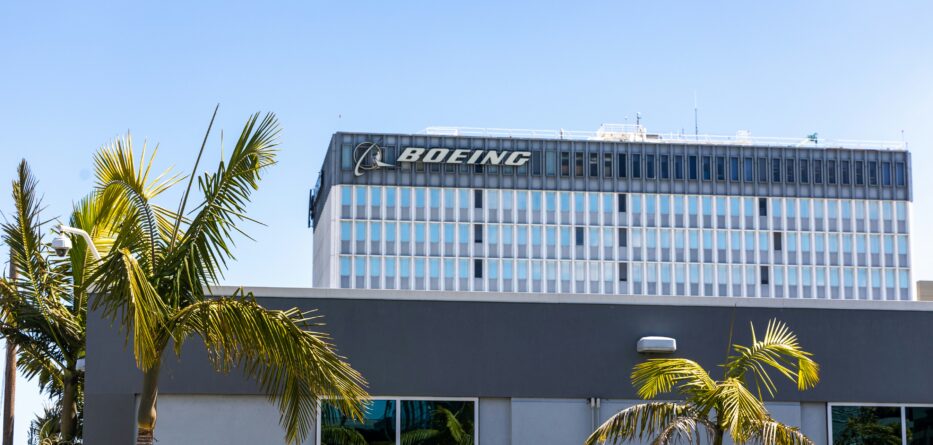
Credit: Unsplash
In a significant development, over 30,000 Boeing workers have rejected a new offer from the company, which included a 35% pay increase over four years. The striking workers, represented by the International Association of Machinists and Aerospace Workers (IAM) union, voted 64% against the proposal. The strike, which began on September 13, shows no sign of ending soon as this is the second time a proposed deal has been turned down, with 95% rejecting the previous offer.
The union has been vocal about the workers’ frustrations, emphasizing years of “sacrifices” they have made, and calling this latest rejection an expression of “workplace democracy” and a consequence of Boeing’s long-term mistreatment of its workforce. “We still have ground to make up, and we’re hopeful to resume negotiations promptly,” union representatives said in a statement.
Boeing CEO Kelly Ortberg, who took over in August, warned earlier in the day that the company is at a “crossroads” as it grapples with financial difficulties and operational setbacks. The company’s losses surged to roughly $6 billion, with $4 billion in operating losses from its commercial aircraft division and nearly $2.4 billion from its defense unit.
“This is a big ship that will take some time to turn, but when it does, it has the capacity to be great again,” Ortberg said, acknowledging the challenges Boeing faces, including manufacturing and safety concerns. The company has been hit by multiple crises, including a high-profile mid-air blowout in January and setbacks in its space division, which have added to the already difficult situation.
The ongoing strike has severely impacted Boeing’s production capabilities, further slowing down factory operations, leading to rolling furloughs for thousands of staff, and disrupting suppliers. The strike has compounded the company’s debt issues and eroded customer trust. “It’s much harder to turn this on than it is to turn it off. So it’s critical, absolutely critical, that we do this right,” Ortberg explained, adding that Boeing has a detailed return-to-work plan ready once an agreement is reached.
Despite the turbulence, Boeing remains optimistic, with a strong backlog of 5,400 plane orders, but Ortberg made it clear that resolving the strike and implementing a fundamental culture change within the company is essential for recovery.
“We need to prevent the festering of issues and work better together to identify, fix, and understand root causes,” Ortberg said, underscoring his commitment to a new direction for Boeing.
As the labor dispute continues, all eyes are on how negotiations will play out and whether the company can resolve the strike, rebuild its reputation, and restore operational stability.
Why the American Life is Not So Great Anymore
-
Credit: Shutterstock Did The U.S. Just Make a Big Mistake By Bombing Iran? Donald Trump just launched airstrikes on...
-
Credit: Shutterstock World on Edge as Russia Warns Trump and Iran Vows Never to Surrender As tensions in the...
-
Credit: Shutterstock Tensions Soar as Iran Launches 100 Drones at Israel Tensions in the Middle East reached a boiling...
-
Credit: Shutterstock Viral video reignites debate over Macron’s unconventional marriage during high-stakes diplomatic tour French President Emmanuel Macron and...
-
Tensions escalate between India and Pakistan as military strikes and air combat raise fears of a wider conflict in...
-
Credit: Pixabay A Powerful Portrait of Resilience Captures Global Attention and Reveals the Human Cost of War Through the...
-
A powerful earthquake strikes Southeast Asia, leaving thousands feared dead, buildings in ruins, and fears of catastrophic flooding on...
-
Japan Unveils the E10 Shinkansen – A High-Speed Revolution With British Design Japan has introduced the groundbreaking E10 Shinkansen,...
-
Avride Teams Up with Rakuten to Introduce Sidewalk Delivery Bots in Tokyo, Bringing Faster and More Efficient Deliveries to...
-
The World’s Most Expensive Substance Costs More Than the Global Economy Imagine a material so rare and difficult to...
-
May Mobility Launches Fully Driverless Ride-Hail Service in Peachtree Corners May Mobility is taking autonomous transportation to the next...
-
What Caused the Plane Crash? The tragic crash of Azerbaijan Airlines Flight 190 in western Kazakhstan has left 38...




















